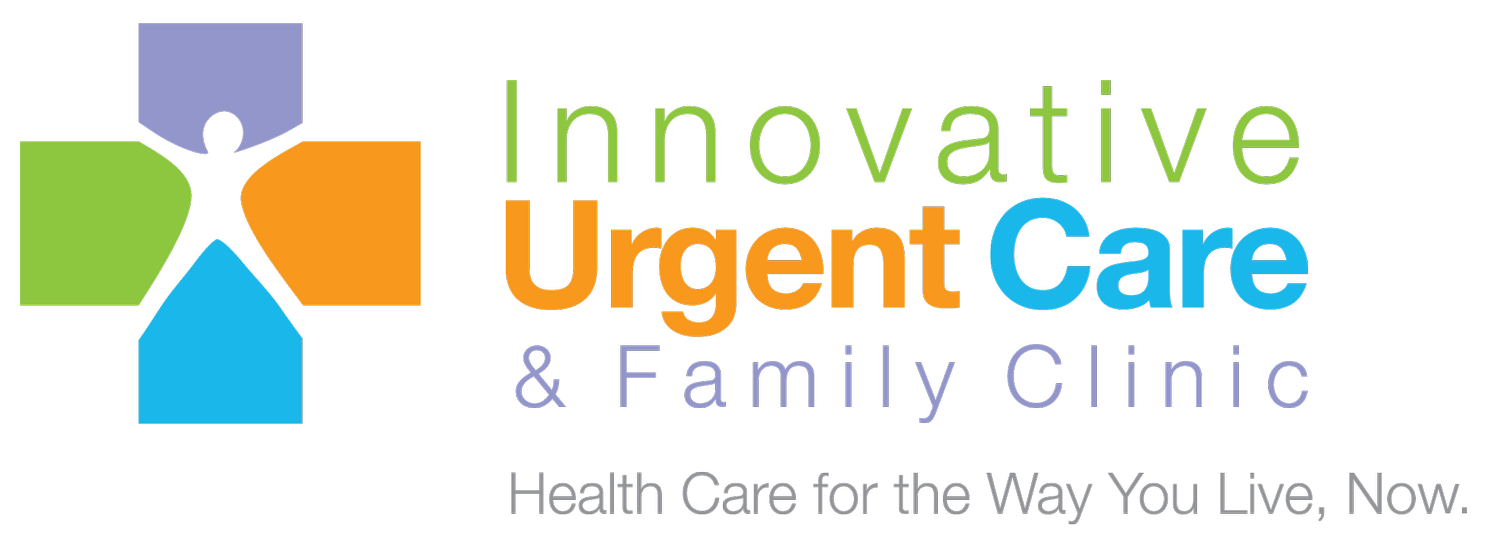April is Esophageal Cancer Awareness Month
Introduction: Why Should You Care About Esophageal Cancer?
Did you know that esophageal cancer is one of the fastest-growing cancer diagnoses in the Western world? This April, during Esophageal Cancer Awareness Month, it's crucial to bring attention to this deadly disease which, despite its increasing prevalence, remains largely unknown to the general public. By understanding the risks and early warning signs, you can take proactive steps to protect your health. This blog aims to guide you through the essentials of esophageal cancer, from understanding the disease to practical advice on prevention and early detection.
Understanding Esophageal Cancer: What You Need to Know
The Basics of Esophageal Cancer
Esophageal cancer occurs in the esophagus, the long tube that carries food from your throat to your stomach. The two main types are adenocarcinoma, which is more commonly associated with Barrett’s Esophagus—a condition resulting from chronic acid reflux or GERD—and squamous cell carcinoma, which is typically linked to smoking and alcohol consumption.
Risk Factors and Symptoms
Understanding the risk factors is the first step in prevention. Major risk factors include:
Prolonged acid reflux or GERD
Smoking and excessive alcohol consumption
Being overweight
Having a diet low in fruits and vegetables
Common symptoms of esophageal cancer include difficulty swallowing, unintended weight loss, chest pain, and persistent cough. Noticing these symptoms early can be a key to early diagnosis.
Prevention and Early Detection: Your Best Defense
Lifestyle Changes for Prevention
Implementing lifestyle changes can significantly reduce your risk of developing esophageal cancer. Key strategies include:
Maintaining a healthy weight
Eating a diet rich in fruits, vegetables, and whole grains
Limiting processed meats and red meat
Quitting smoking and reducing alcohol consumption
The Importance of Screening
For those at high risk, especially patients with a history of GERD or Barrett’s Esophagus, regular screening can be lifesaving. Procedures like endoscopy allow doctors to look directly at the esophagus and identify any abnormal changes early.
Treatment Options: Innovations and Advances
Current Treatments
Treatment for esophageal cancer depends on the stage of the disease and may include surgery, radiation therapy, and chemotherapy. New techniques and technologies are improving outcomes and reducing side effects.
The Role of Personalized Medicine
The field of personalized medicine is revolutionizing cancer treatment. By understanding the genetic makeup of tumors, doctors can tailor treatments to individual patients, enhancing effectiveness and minimizing harm.
Living with Esophageal Cancer: Stories of Hope and Survival
Personal stories and case studies can provide comfort and inspiration for those affected by esophageal cancer. For instance, John, a 58-year-old man diagnosed with early-stage esophageal cancer, underwent minimally invasive surgery and targeted therapy, which significantly improved his quality of life and prognosis.
Practical Advice: What You Can Do Today
To help you take action, here are some practical tips:
Assess Your Risk: Consider your lifestyle and family history. If you have multiple risk factors, talk to your healthcare provider about screening options.
Adopt a Healthier Lifestyle: Focus on dietary changes, weight management, and smoking cessation.
Stay Informed: Regular updates from reputable sources can help you stay aware of new research and treatments.
For more resources and support, visit Innovative Urgent Care & Family Health Clinic's dedicated section on esophageal cancer at InnovativeUC.com.
Take Action This April
Esophageal Cancer Awareness Month is more than just a campaign—it's a call to action. By understanding the risks, making informed lifestyle choices, and seeking early medical intervention, you can stand a much better chance against this aggressive cancer. Remember, early detection and treatment can lead to significantly better outcomes. Let this April be the start of your informed journey towards better esophageal health.
This article, while simple in language, is rich with sophisticated ideas designed to empower you and your loved ones to take control of your health in the face of esophageal cancer. As we wrap up our discussion, reflect on the information provided, and consider what steps you can take to reduce your risk or support someone affected by this condition. Let’s raise awareness together and make a difference this April.

